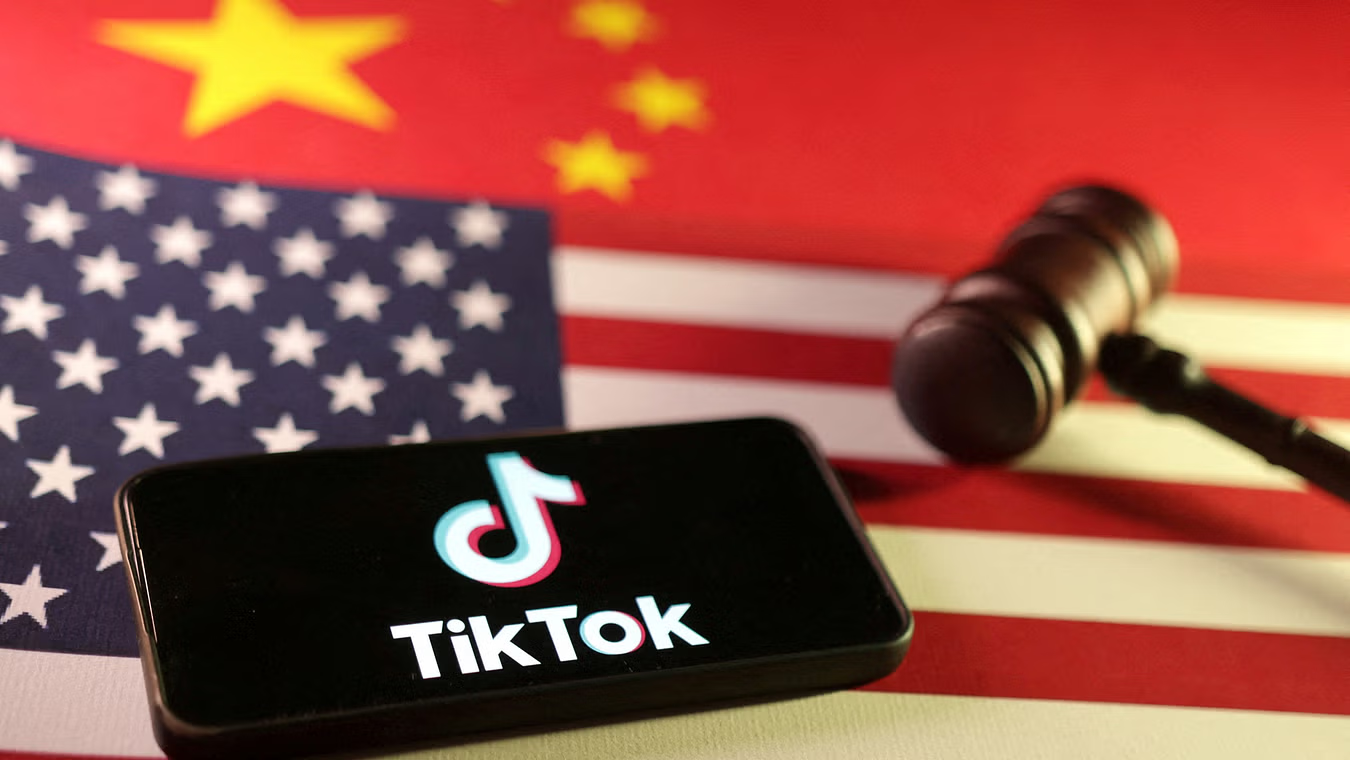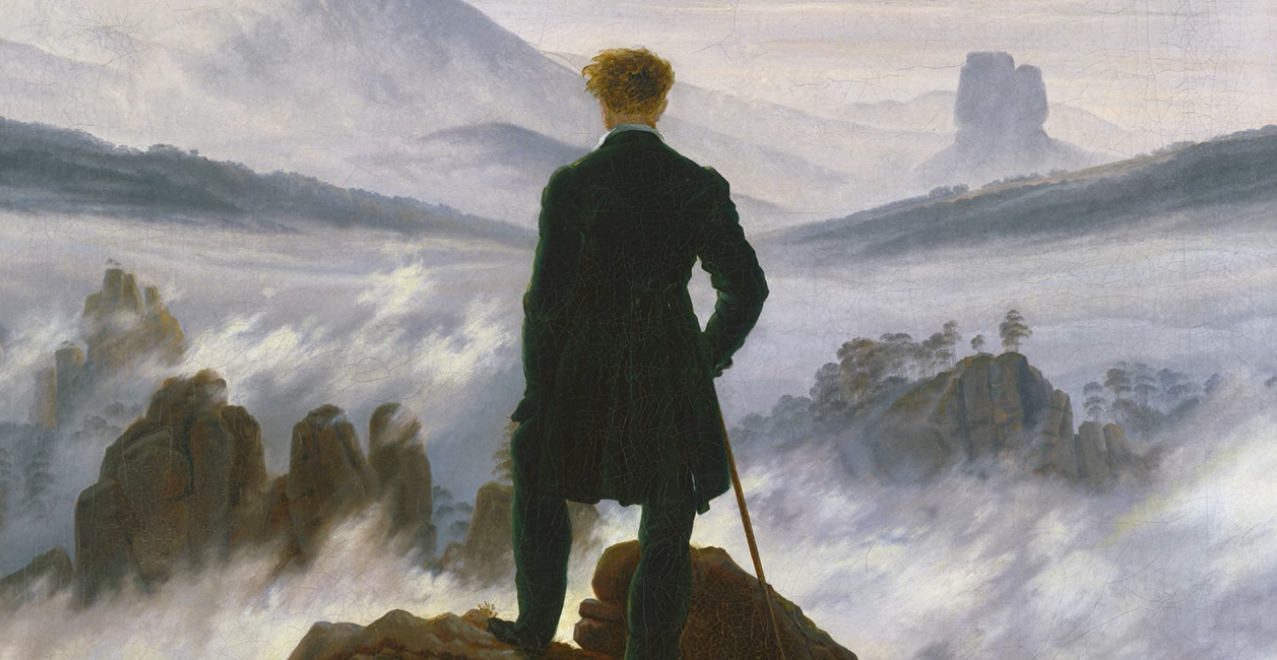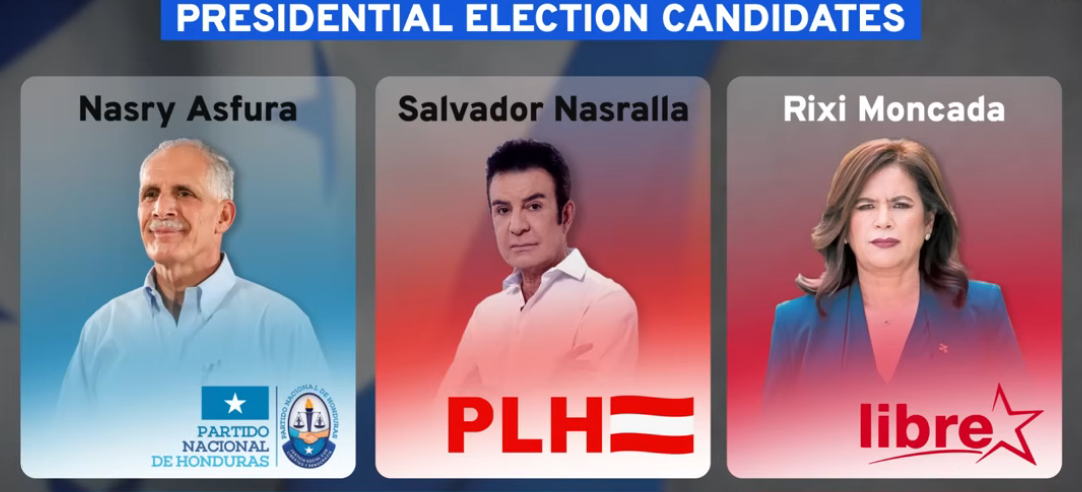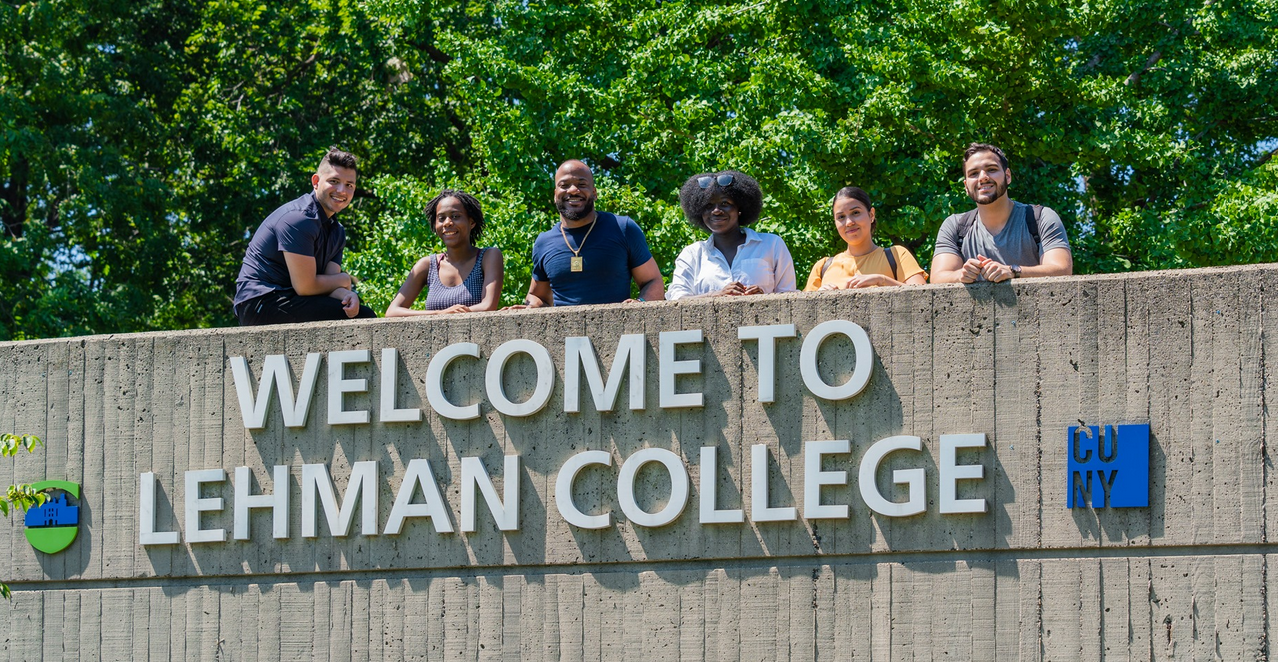At the moment, the Supreme Court is contemplating an important case that can determine the future of TikTok in the United States. This decision could result in the application being banned on a national level as it has a Chinese parent company, ByteDance. With national security and free speech issues in the balance, there are major ramifications to be had from the court’s decision concerning the TikTok Ban case. Breaking this down, here’s what the major points of this case are and how it affects users, businesses, and the tech sector as a whole.
Why TikTok Faces a Ban
The law in question, which has cross-partisan appeal, requires ByteDance to cut off any kind of shareholding in the resignation of TikTok’s American counterpart. They will be forced to comply with the provisions or risk making the app unusable for American audiences. Many American lawmakers are concerned over ByteDance’s operations as Chinese Laws force them to share their data with the Chinese government which results in possible threats to American services and user data privacy.
US Solicitor General, Elizabeth Prelogar, accused China of real-time surveillance and social manipulation during the pleadings in front of the Supreme Court. It perfectly aligns with what Congress has concluded that ByteDance is a national threat to American’s interest.
Also read : Brian Matusz: A Cherished Orioles Teammate and MLB Icon
The Free Speech Debate
TikTok as well as its users deny that their First Amendment rights would be infringed by the amending of this app. Francisco, an attorney for TikTok, said that this platform is a wonderful opportunity for many to reach out and be heard.
On the other hand, the justices from the Supreme Court tend to look at it differently. Chief Justice John Roberts said that this law addresses the issue of TikTok’s ownership by ByteDance and not about the content. Justice Brett Kavanaugh concurs that there is a strong case put forth by the government regarding the collection of data but worries of its sharing inhibition qualms to free speech.
According to Justice Elena Kagan, can’t ByteDance be seeking to protect itself with 1st amendment provisions that the foreign company should not even enforce? Meanwhile, Justice Sonia Sotomayor opined that TikTok should definitely not be banned and rather be restructured to cause fewer constitutional problems.
The Role of National Security
The Biden administration in defense of the law states that it is needed in the interest of protecting national security. Prelogar asserted that the data-sharing mechanisms of TikTok are a risk that opens many doors for the Chinese government to abuse such a situation. She also cited a case in which it was reported that TikTok was spying on journalists and used geolocation to do this as well as other things.
Justice Roberts also wondered out loud if ByteDance used TikTok to sow discord amongst Americans, which brings to the fore the dangers of using platform providers with foreign ownership.
TikTok’s Economic and Cultural Impact
TikTok is not only a social media platform but also a cultural exploit and the economy as a whole. With 170 million American users, it impacted how people draw content, advertise, and network online forever.
Per TikTok’s report regarding economic impacts for the year 2023, the app acted as an enabler of GDP growth in the US economy by 24.2 billion dollars and enabled the creation of more than 224k jobs. Numerous small and medium-sized companies depend on TikTok’s special business model for organic marketing and paid advertising.
For the creators, there is no other platform with a better goal than what TikTok offers; building big platforms to showcase vast amounts of content. Attorney Jeffrey Fisher points out that TikTok has good reasons for concern, as no other platform was able to take the success of TikTok which left creators with no options in case the app is banned.
The Case’s Broader Implications
One should not regard the TikTok case as only the case of one application. It is a very important instance of a clash between free speech interests and national security interests. If the Supreme Court maintains the law, such a decision will likely serve as a basis for the US administration to establish some regulation over foreign-owned platforms.
It isn’t new that the U.S. has been investigating Chinese-owned companies. Other tech businesses such as Huawei and WeChat have been under fire too for being a threat to the security of the country. Banning TikTok would suggest further escalation in separating from China on other technological fronts.
Also read : TikTok Faces Supreme Court: Future in the U.S. Uncertain
What Happens Next?
The Supreme Court is believed to be deciding on the Biden v Knight First Amendment Institution case in a day or two. If TikTok is banned it essentially means that the app would be unavailable on popular sites like Google Play or Apple’s App Store beginning January 19. TikTok may ‘go dark’ if mandated to sell but ByteDance has suggested that to be the case which some believe is a ploy.
The law additionally gives the president the authority to extend ‘once only’ of up to 90 days the time by which it requires a company to comply with its orders to divest interests in U.S. business. But since Donald Trump is going to take office as President on 20th January, it remains to be seen if the new administration will lift this ban.
Potential Alternatives and Solutions
There is a possibility that TikTok will remain operational in the US in the case that ByteDance decides to pull out of it. Such a decision could be facilitated through the Project Liberty Consortium led by Frank McCourt. However, the deal is going to be automatically void if ByteDance has any claim towards its algorithm.
Justice Samuel Alito questioned whether a “magical algorithm” is typical solely to TikTok adding that any Firm that employs such skill is able to create a seamless replacement. It is easy to see how complex replacing the app’s outstanding feature – its global reach – would be.
Impact on Rivals
Snap Inc., the owner of Facebook, and Instagram, Meta, is expecting to gain slightly in the stock market if TikTok gets banned. However, both firms seem to only garner low user engagement for their short video platforms when compared to what TikTok has to offer.
Also read : In Deciding TikTok’s Fate, U.S. Supreme Court Must Prioritize Users’ First Amendment Rights
Conclusions
The case of TikTok comes down to differentiating between national security and free speech in modern times. For creators and businesses, it becomes a problem of dependence on foreign platforms in a heavily regulated market. For users, the outcome is going to fundamentally change the way they interact and create online content.
The ruling of the Supreme Court will impact not only the future of TikTok but will also set a standard for the technology industry as a whole. With changes in the debate taking shape, one thing is for sure: the risk has never been greater for millions of Americans and the online space they occupy.





